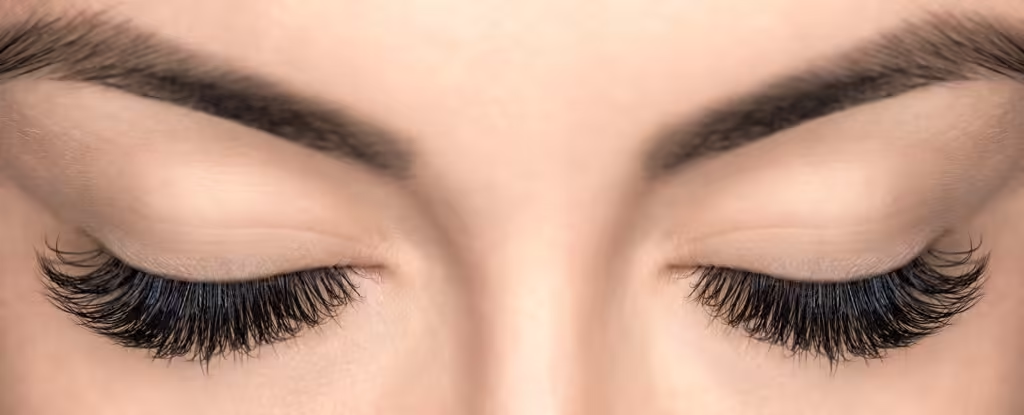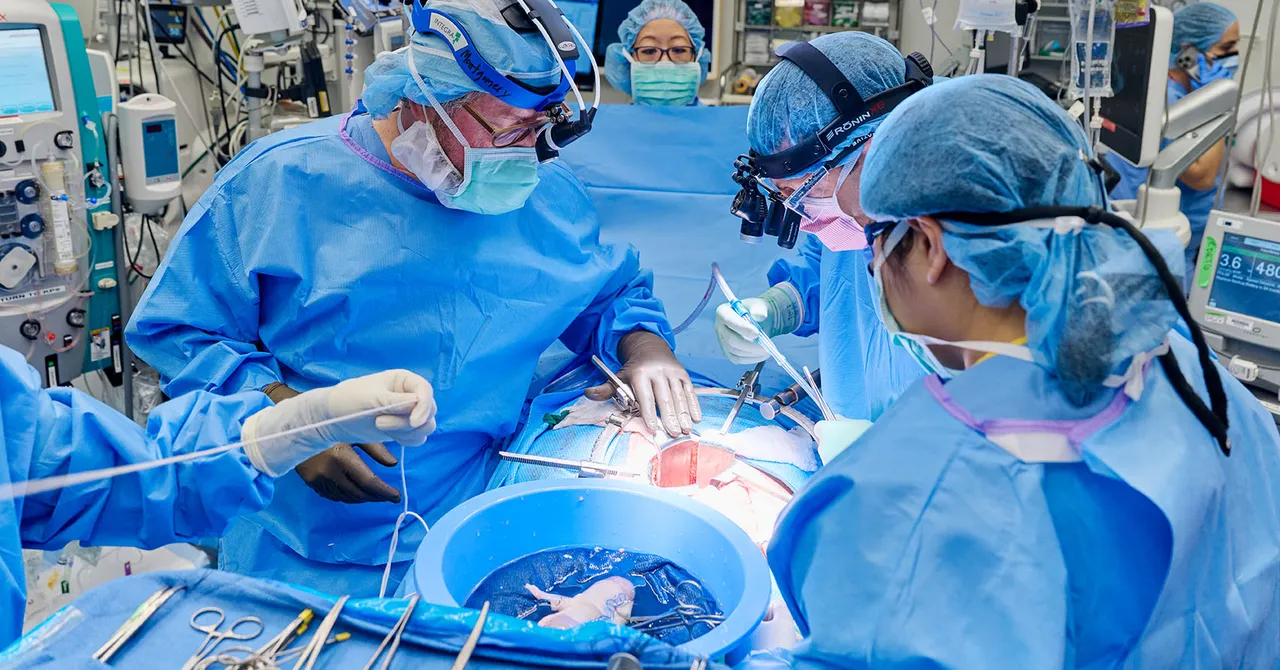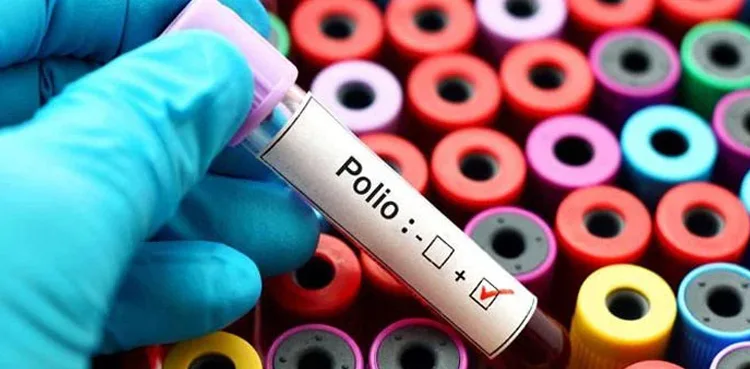Eyelash extensions are a popular beauty trend, but experts are cautioning about potential health risks associated with their use. While these extensions can enhance the appearance of eyelashes by making them look thicker and longer, they come with concerns about their impact on eye health.
Made from materials such as silk, mink, horse hair, plastic, or nylon, eyelash extensions are applied using adhesive or glue. This glue can pose significant risks, according to research. About 40% of women have reported allergic reactions to the adhesive, and over 60% have experienced keratoconjunctivitis, which is inflammation of both the conjunctiva and cornea.
There are also troubling reports of consumers being sold nail glue instead of the appropriate eyelash adhesive. Nail glue is much more potent and poses serious risks. Additionally, some eyelash adhesives may contain formaldehyde, a cancer-causing chemical. Studies have found that 75% of professional glues and 4 out of 17 consumer glues contain formaldehyde, though not all products disclose this ingredient.
Other issues with eyelash glue include preservatives that can lead to conjunctivitis and conjunctival erosion, conditions that affect eyesight and cause discomfort. Conjunctival erosion involves the loosening of the corneal epithelium from the underlying layer, which can be painful.
The most common problem associated with eyelash extensions is blepharitis, an irritation or inflammation of the eyelids caused by bacteria buildup. Poor hygiene at salons can also lead to lash mite infestations. Furthermore, even professional removal of extensions can damage natural lashes.
Eyelash serums containing prostaglandins are also gaining popularity for their claims to enhance the thickness, length, and darkness of natural lashes. However, these serums can have adverse effects, including the loss of fat tissue around the eyes, exacerbating dark circles, and potentially causing permanent changes to iris color.



